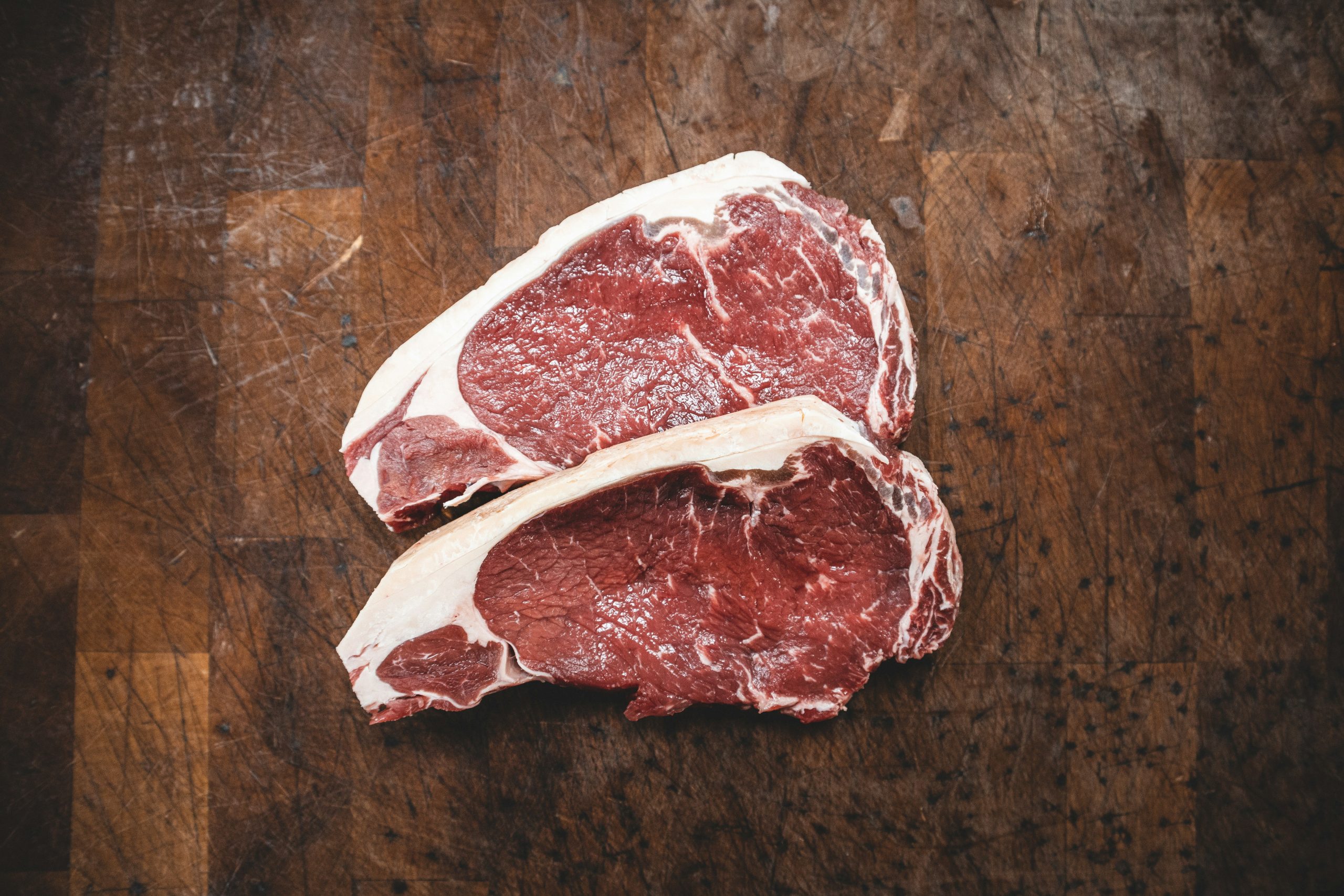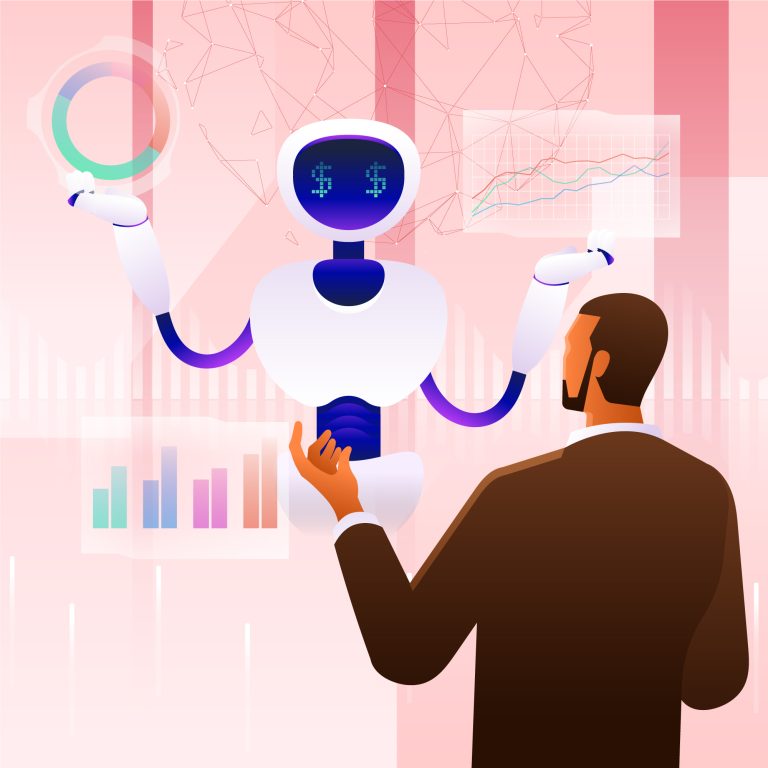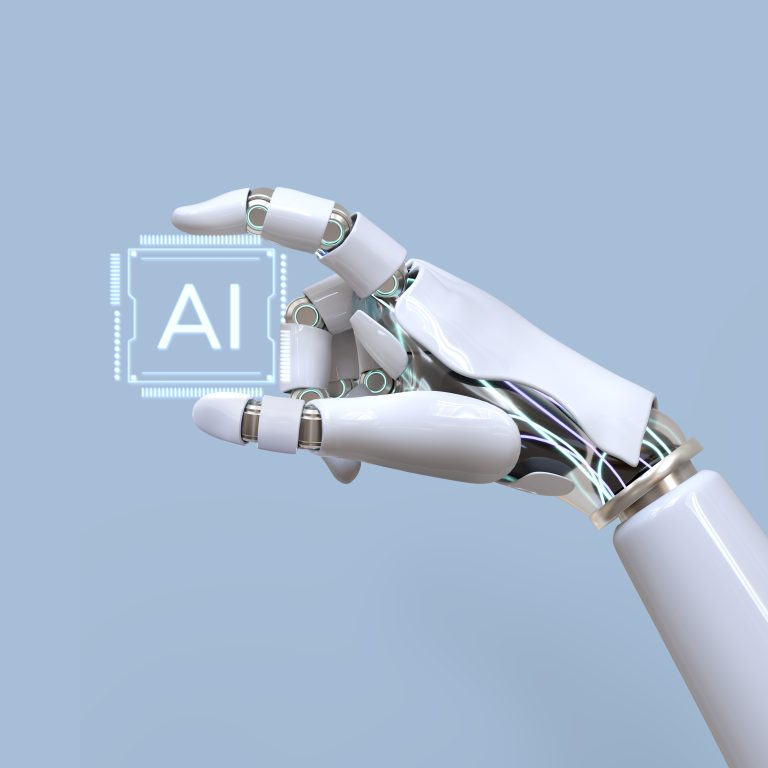The Future of Food: Lab-Grown Meat, Plant-Based Options
In a world where sustainability and ethical considerations are at the forefront of food production, the landscape of what we eat is undergoing a significant transformation. Lab-grown meat and plant-based options are not just trends but potential game-changers in how we nourish ourselves. The implications of these innovations go beyond just satisfying our taste buds; they have the power to reshape entire industries and impact our environment in profound ways. The future of food is indeed a tantalizing realm of possibilities waiting to be explored.
Sustainable Food Solutions
To ensure a healthier planet, you must prioritize implementing sustainable food solutions. By making conscious choices about the food you consume, you can significantly impact the environment.
Opting for locally sourced produce reduces the carbon footprint associated with transportation. Supporting organic farming practices promotes soil health and biodiversity while avoiding harmful pesticides. Choosing to reduce food waste by planning meals and properly storing leftovers helps minimize methane emissions from landfills.
Embracing a more plant-based diet can also contribute to sustainability. Plants generally require fewer resources to grow compared to livestock, reducing water and land usage. Incorporating more fruits, vegetables, legumes, and whole grains into your meals not only benefits your health but also lessens the environmental impact of food production.
Additionally, supporting companies and businesses that prioritize sustainable practices encourages a shift towards more eco-friendly food systems. By selecting products with certifications like Fair Trade, Rainforest Alliance, or USDA Organic, you can actively promote sustainability in the food industry. Remember, every food choice you make plays a part in building a more sustainable future for our planet.
Lab-Grown Meat Technology
Advancements in lab-grown meat technology are revolutionizing the future of food production. Imagine a world where traditional meat consumption doesn’t rely on raising and slaughtering animals. With lab-grown meat, this scenario is becoming increasingly feasible.
Scientists are able to culture real animal cells in a lab setting, replicating the taste and texture of conventional meat without the environmental strain or ethical concerns associated with traditional meat production.
One of the key advantages of lab-grown meat is its potential to reduce the environmental impact of agriculture. By eliminating the need for large-scale animal farming, lab-grown meat can significantly lower greenhouse gas emissions, water usage, and land requirements. This innovation could address the growing concerns about sustainability and the limitations of our current food production systems.
Additionally, lab-grown meat has the potential to enhance food security by providing a more efficient way to produce protein. With the global population projected to reach 9 billion by 2050, alternative protein sources like lab-grown meat could play a crucial role in meeting the increasing demand for food.
As this technology continues to develop, it offers a promising solution to the challenges faced by the traditional meat industry.
Environmental Impact Awareness
As you consider the impact of lab-grown meat technology on food production, your attention is drawn to the growing importance of environmental impact awareness. The traditional meat industry has long been associated with significant environmental issues such as deforestation, water pollution, and greenhouse gas emissions.
Lab-grown meat presents a more sustainable alternative that could potentially reduce these negative impacts. By cultivating meat in a controlled lab environment, the need for large-scale animal agriculture can be minimized, leading to reduced land use and lower greenhouse gas emissions.
Additionally, the water and feed requirements for lab-grown meat are expected to be significantly lower compared to traditional livestock farming, further lessening the strain on the environment.
As consumer awareness of these environmental benefits continues to increase, more people are likely to consider incorporating lab-grown meat into their diets as a way to make a positive impact on the planet. This shift towards environmental impact awareness in the food industry is a vital step towards a more sustainable and eco-conscious future.
Plant-Based Alternative Innovations
Exploring the latest innovations in plant-based alternatives reveals exciting developments in sustainable food options. Companies are constantly pushing the boundaries of plant-based products, creating alternatives that closely mimic the taste and texture of traditional meat. From realistic veggie burgers to plant-based sausages that sizzle on the grill, the options are becoming more diverse and delicious.
One notable advancement is the use of novel ingredients like pea protein, soy, and even jackfruit to replicate the mouthfeel of meat. These plant-based alternatives aren’t only satisfying for vegans and vegetarians but also appeal to meat-eaters looking to reduce their consumption of animal products for health or environmental reasons.
In addition to burgers and sausages, plant-based innovations extend to dairy alternatives such as almond milk, oat milk, and coconut yogurt. These products offer a cruelty-free and sustainable option for those looking to cut back on traditional dairy.
Advancements in Food Technology
Discover how food technology continues to revolutionize the way you produce, prepare, and consume food. From smart kitchen appliances to innovative food preservation techniques, advancements in food technology are shaping the future of our meals.
Smart ovens and refrigerators equipped with AI technology can now suggest recipes based on the ingredients you have on hand, making meal planning easier than ever. Additionally, 3D food printing allows for the creation of intricate edible designs, opening up a world of possibilities for chefs and home cooks alike.
Food safety has also been greatly improved with the development of sensor technologies that can detect contaminants in real-time, ensuring that your meals are safe to eat. Furthermore, the rise of precision agriculture, powered by drones and satellite imagery, enables farmers to monitor crops more efficiently, leading to increased yields and reduced environmental impact.
These technological advancements not only enhance convenience and efficiency in food production but also pave the way for a more sustainable and healthy future of food consumption.
Ethical Considerations in Food Production
Food technology advancements are reshaping how we produce and consume food, raising ethical considerations in food production regarding sustainability and animal welfare.
When it comes to sustainability, the current methods of food production have a significant impact on the environment. Large-scale farming practices contribute to deforestation, water pollution, and greenhouse gas emissions. By exploring more sustainable options such as vertical farming, hydroponics, and lab-grown meat, we can lessen the environmental burden of food production.
Another crucial ethical consideration is animal welfare. Traditional livestock farming often involves cramped and inhumane conditions for animals. This raises concerns about the ethical treatment of living beings that are raised for food consumption.
As we move forward, it’s essential to prioritize the well-being of animals in our food production processes. This shift towards more ethical practices not only benefits the animals but also aligns with consumer preferences for ethically sourced food products.
Consumer Trends and Preferences
Consumers increasingly prioritize transparency and sustainability in their food choices, driving a shift towards more ethically sourced and environmentally friendly products. You want to know where your food comes from, how it was produced, and its impact on the environment. This has led to a rise in demand for labels like ‘organic,’ ‘non-GMO,’ and ‘locally sourced.’
Additionally, there’s a growing interest in plant-based alternatives and meat substitutes. Many consumers are choosing these options for health reasons, ethical concerns, or environmental impact. Companies are responding to this trend by expanding their plant-based product lines and investing in innovative plant-based technologies.
Convenience also plays a significant role in consumer preferences. Ready-to-eat meals, meal kits, and food delivery services are gaining popularity as people seek quick and hassle-free options that fit their busy lifestyles.
The demand for personalized nutrition plans and tailored food products is also on the rise, reflecting a desire for individualized dietary solutions.
Future of Food Industry
With sustainability and innovation driving the future of the food industry, companies are actively exploring new ways to meet evolving consumer demands. One key aspect shaping the industry’s future is the increasing focus on environmentally friendly practices. From reducing carbon footprints to minimizing food waste, companies are incorporating sustainable methods into their operations.
Moreover, technology is playing a significant role in revolutionizing the food industry. Advancements in food production techniques, such as lab-grown meat and plant-based alternatives, are paving the way for more sustainable and ethical food options. Additionally, the use of data analytics and artificial intelligence is helping companies streamline processes, enhance supply chain efficiency, and better understand consumer preferences.
Collaborations between food companies and tech firms are becoming more common, leading to innovative products and services that cater to a diverse range of consumer needs.
Ultimately, the future of the food industry lies in a harmonious blend of sustainability, innovation, and consumer-centric approaches. By embracing these principles, companies can stay ahead of the curve and continue to thrive in an ever-evolving market.
Challenges and Opportunities
Navigating the future of the food industry presents both formidable challenges and promising opportunities for companies and stakeholders alike. As consumer preferences shift towards sustainable and ethical food choices, one of the main challenges faced by traditional meat producers is the rise of plant-based alternatives and lab-grown meat.
Adapting to this changing landscape requires significant investment in research and development to create products that meet consumer expectations for taste, texture, and nutritional value.
On the other hand, these challenges also open up opportunities for innovation and market growth. Companies that embrace the shift towards plant-based options and invest in alternative protein sources stand to gain a competitive edge in a rapidly evolving market.
Collaborations between food tech companies, research institutions, and regulatory bodies can drive progress in developing new food technologies that cater to changing consumer demands.
Conclusion
As you look ahead to the future of food, remember the exciting possibilities that lab-grown meat and plant-based options offer.
Embrace sustainable practices, support ethical food production, and stay informed about advancements in the industry.
The future of food is in your hands – make conscious choices that align with your values and contribute to a greener, more efficient food system for generations to come.






